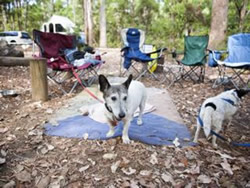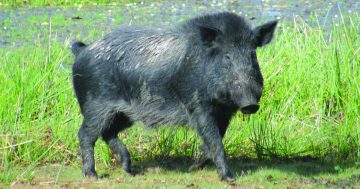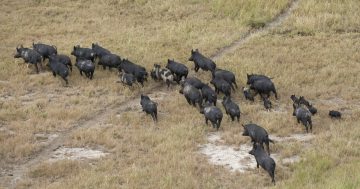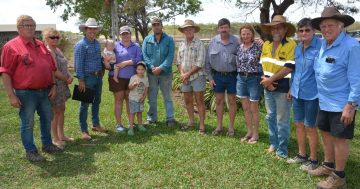 The Department of Biodiversity, Conservation and Attractions’ Parks and Wildlife Service is warning visitors to regional areas to keep a close watch on their dogs.
The Department of Biodiversity, Conservation and Attractions’ Parks and Wildlife Service is warning visitors to regional areas to keep a close watch on their dogs.
The Service said visitors should consider putting their dogs on a lead, muzzling them, or simply not taking them travelling to prevent them being poisoned by 1080 baits.
Regional Biosecurity Coordinator at the Department of Primary Industries and Regional Development (DPIRD), Lindsay Strange said 1080 baits were used extensively by farmers and pastoralists in Western Australia to control wild dogs, foxes, feral cats, pigs and rabbits, which threatened livestock and business viability.
“The control measure is also used by the Wildlife Service to protect native species on the land it manages, which is why the Department does not permit dogs in national parks and other conservation areas,” Mr Strange said.
“While the use of 1080 baits is strictly regulated, pet owners need to take responsibility for the safety of their animals.”
Mr Strange said there were some simple steps pet owners should follow to protect their animals from the risk of 1080 poisoning, for which there was no antidote.
“It is advisable to check with the landholder to see if baiting has been undertaken on the property before letting dogs roam free,” he said.
“While landholders are required to erect signs to warn of baiting as part of a 1080 baiting permit, WA’s landscape is vast and travellers may not always see them.”
He said it was prudent to avoid areas suitable for baiting, like water courses, tracks, fence lines, rock piles and posts and to keep pets on a lead or muzzle them to prevent them from coming into contact with a bait.
“The safest strategy of all is for travellers to leave their pets behind in the care of others or in a kennel,” Mr Strange said.











